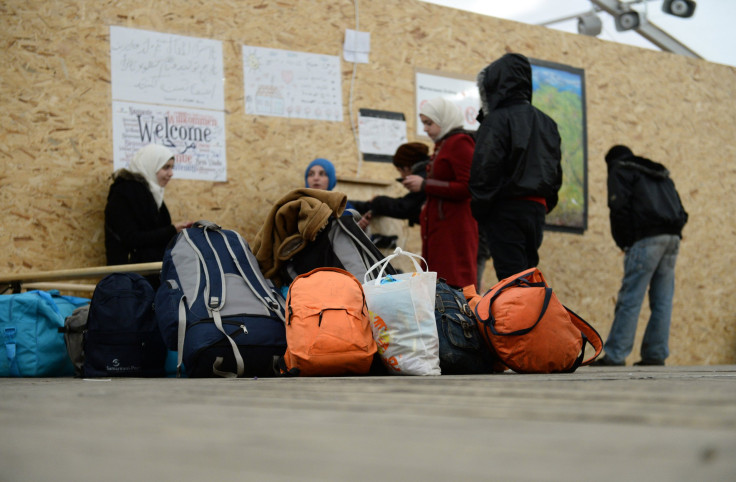EU Refugee Crisis 2016: Over 91K Asylum-Seekers Arrived In Germany In January

More than 91,000 people registered as asylum-seekers in Germany this January, the government said Thursday, amid growing concerns over the refugee crisis in Europe. Germany, which has some 80 million inhabitants, saw more than 1 million refugees arriving in the country last year.
The Interior Ministry reportedly said that 91,671 people entered Germany last month, compared to 127,320 who arrived in December. Officials reportedly said that the cold was the reason behind the decline. According to German authorities, of the 91,671 people, 35,822 were from Syria, 18,653 from Iraq, 18,099 from Afghanistan, 4,203 are from Iran while 1,623 came from Morocco.
Last weekend, Chancellor Angela Merkel said Germany expected Syrians and Iraqis to return home when the Syrian civil war was over and the Islamic State group defeated, the Associated Press reported. As hundreds of thousands of refugees continue to flee war-torn regions such as Iraq and Syria, European countries have experienced the largest burden, with Germany receiving the highest number of asylum applicants.
On Wednesday, a poll by ARD DeutschlandTrend suggested that a large majority of Germans think the federal government's refugee policy isn't working and that Merkel has failed to control the refugee crisis.
Merkel’s government has faced immense criticism for the chancellor’s “welcoming policy” toward refugees. Although Merkel said that Germany can handle the 1.1 million refugees who arrived in 2015, and potentially more in 2016, nearly 40 percent of Germans believe that she should harden her stance on the refugee policy, according to January’s Insa survey for Focus magazine.
Last month, over 40 members of Parliament from Merkel’s Christian Democratic Union party wrote to her, urging greater control over the country’s borders and better checks as people enter.
The country’s construction minister said last month that the government’s spending on public housing would again need to be doubled from 1 billion euros ($1.1 billion) to 2 billion euros ($2.2 billion) every year until 2020 to address housing shortages caused by the crisis.
© Copyright IBTimes 2024. All rights reserved.











